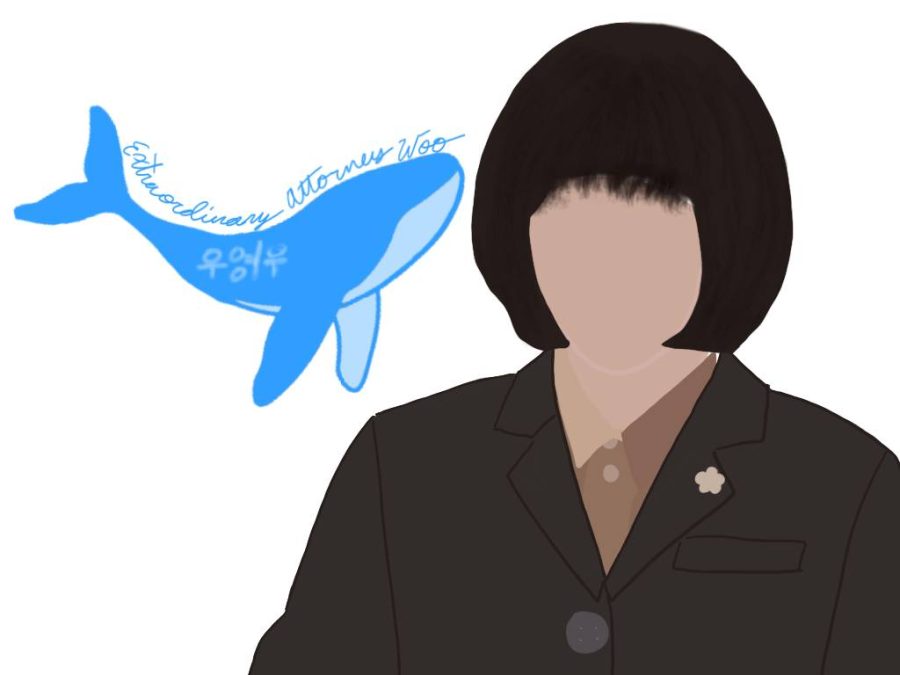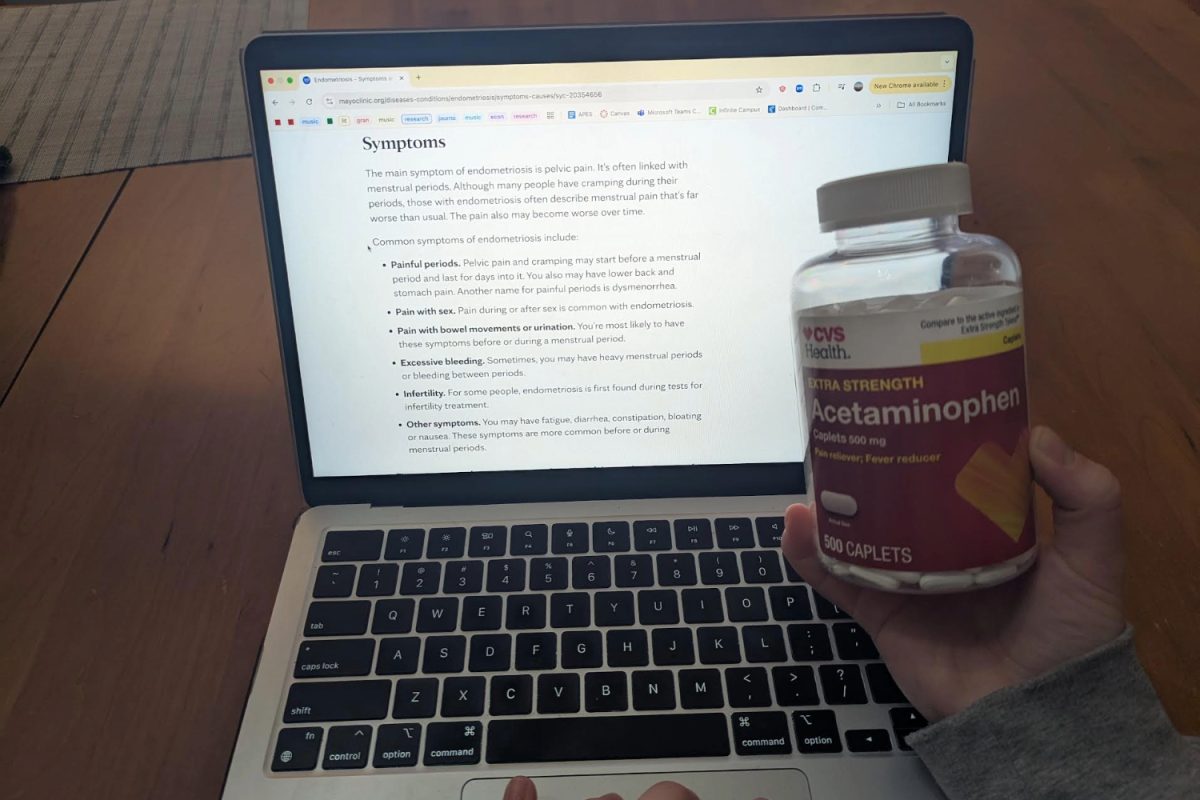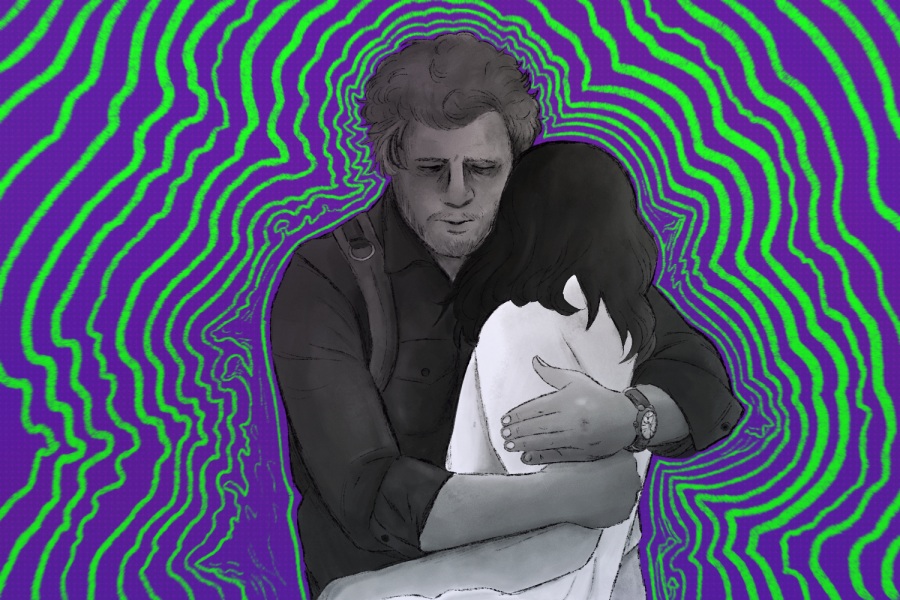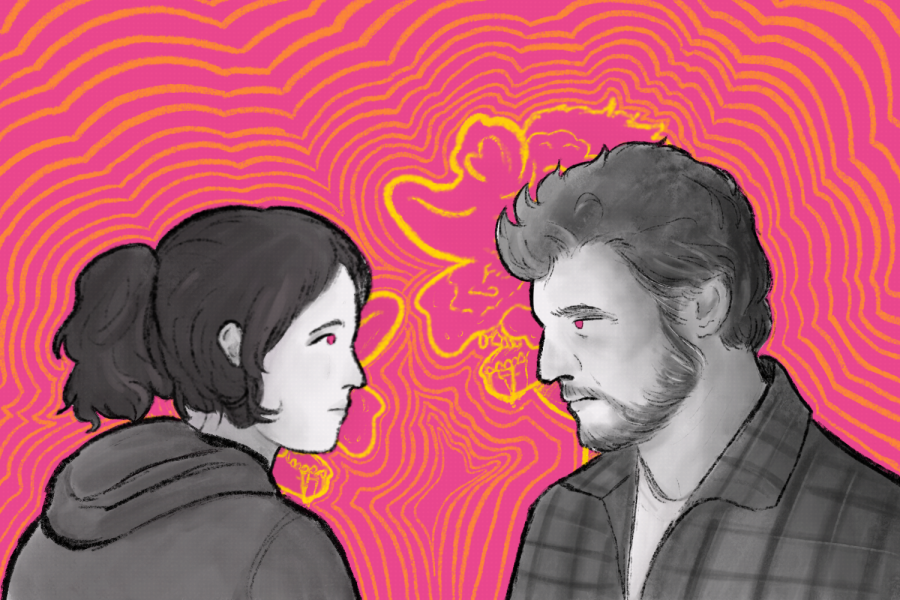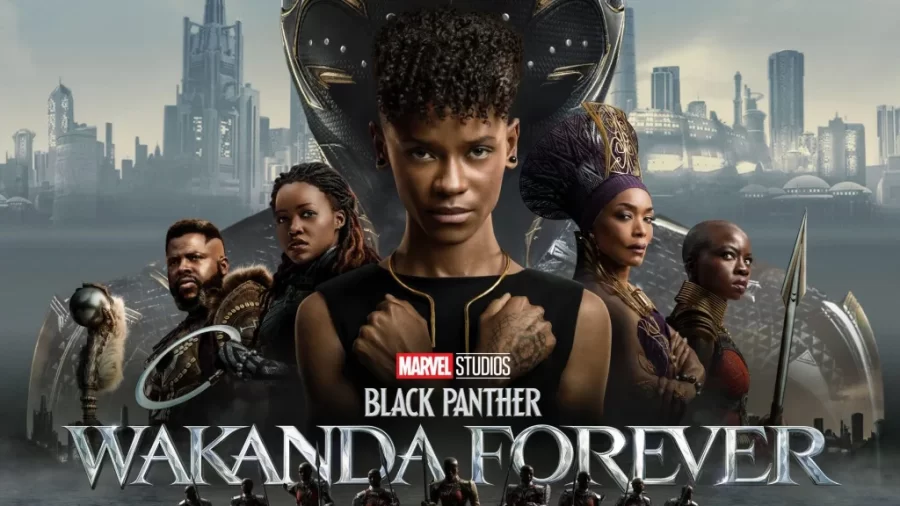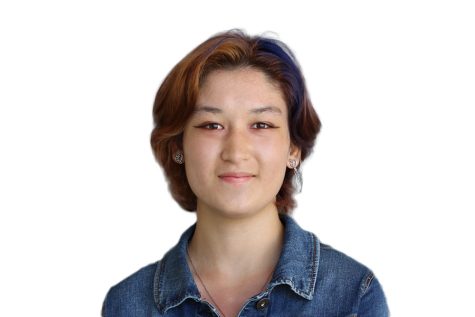Whales, law school, and overcoming prejudice. What do these seemingly unrelated things have in common? They’re all part of the 2022 K-drama “Extraordinary Attorney Woo,” which follows the main character Woo Young-woo as she navigates the world as a rookie attorney with autism.
The 16-episode series follows Woo Young-woo (played by Park Eun-bin), her close friends and colleagues, two rival CEOs, and her family through several court cases and a heartwarming love story. The story criticizes ableism and other forms of discrimination in South Korea’s society and legal system, bringing attention to how present these issues are worldwide. This commentary is accessible to many viewers, resulting in the show receiving high praise for its execution and story choices. Viewers were enamored with the main cast and praised the show for skillfully portraying several characteristics of autism in Woo Young-woo without making her a caricature. Many agreed that Woo Young-woo’s “whale moments” were well-executed and a definite highlight of the show. I agree with this praise; the production team clearly did a lot of good research and had great ideas on how to portray their information.
Aired from June 29 to Aug. 18, 2022, the show gained high levels of popularity around the world, in addition to the praise, won several awards, and even inspired an online trend. There are many reasons for this success, and no one element takes all of the credit.
The cast has many recognizable names, including “What’s Wrong with Secretary Kim?” actor Kang Ki-young, “Run-On” actor and former 5URPRISE member Kang Tae-oh, and Baek Ji-won (who has appeared in shows like “Mystic Pop-up Bar” and “Snowdrop”). With such a stellar cast, it is no surprise that the K-drama had terrific acting and an enchanting storyline.
The soundtrack was catchy and often got stuck in my head long after I finished watching the series. I especially loved the opening theme; it represented the show very well.
As for the plot, “Extraordinary Attorney Woo” had wonderful writing. It explores both the struggles of South Korea’s legal system and everyday life for a person with autism. Each episode covers a different court case, each with interesting premises, and delves into two longer plotlines. One plotline examined a rivalry between Woo Young-woo’s law firm, Hanbada, and their rival, Taesan. The other followed the difficulties of Woo Young-woo’s relationship with Lee Jun-ho (Kang Tae-oh). I liked how each episode tied into these plotlines, but there were a few I enjoyed more than others. My favorites were “The Strife of the Three Brothers” (episode four) and “The Pied Piper” (episode nine), with a special mention of the last two episodes.
Episode four details the division of a will between three brothers, one of whom is the father of Woo Young-woo’s best friend, Dong Geu-rami (Joo Hyun-young). I liked seeing how the family overcame their arguments and made amends, but my favorite part of this episode was the family’s names. Dong Geu-rami’s name means, literally, “circle,” while her father and uncles were essentially named “one,” “two,” and “three.” This comedic element has made me laugh so many times, even though it took me nearly half of the episode to get the joke.
I enjoyed episode nine because it had an interesting approach to addressing “hagwons,” after-school study institutions that are popular in South Korea. In this episode, the son of a hagwon owner proclaimed himself the leader of the “Children’s Liberation Army” and, in the legal sense of the term, kidnapped a bus full of children. However, his actions were not malicious: he simply took the children up to a mountain, played schoolyard games with them, and then let them return home. The children were allowed to leave at any point, which baffled both the parents and lawyers of Hanbada alike. The episode then follows Woo Young-woo and Lee Jun-ho (Kang Tae-oh) as they listen to the children’s stories, uncover the brutal nature of hagwons, and proceed with the trial. I thought this episode was especially important and interesting to watch because it promotes the idea that children should not be overworked. This is a major issue worldwide, and this particular episode resonated with me because of how competitive the Bay Area is.
The last two episodes did well resolving the major suspense and conflict points, especially regarding Tae Su-mi (Jin Kyung) and her connection to Woo Young-woo. I also liked seeing the tension resolved between Choi Su-yeon (Ha Yoon-kyung) and Kwon Min-wo (Joo Jong-hyuk). It was also nice seeing Jung Myung-seok (Kang Ki-young) get his happy ending; he deserved a good resolution after all his character growth.
I recommend this to anyone interested in shows about lawyers, romcoms, or K-dramas because this series is all three and more. While I understand some people may be intimidated by the language barrier or may not want to deal with subtitles, I think they should consider the pros of trying something new. They can see a show they might like, participate in the internet trends, and tell their friends about it and watch it with them. Some people may also say that this show doesn’t address discrimination in a way that is relatable to most people. On the contrary, I think this is a great way to address discrimination. Most anti-discrimination laws originate from court cases, and the characters involved in this show include regular people. Anyone could find a point in this show to be relatable.
To conclude, this K-drama is pretty awesome. It covers serious topics in an easily understandable way while providing light-hearted moments to engage the audience. The cast is stellar, and Park did a fantastic job playing Woo Young-woo. I’m excited to watch the second season when it releases and will be rewatching season one periodically until that happens.

